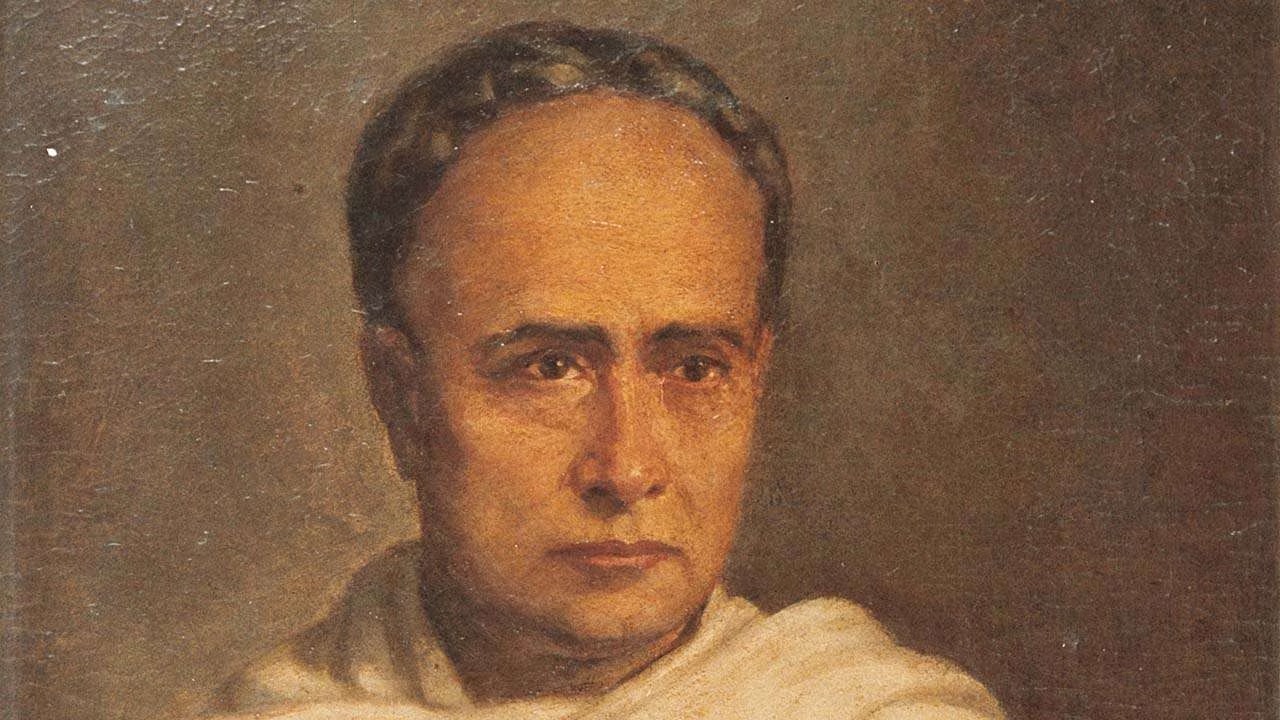Ishwar Chandra Vidyasagar: A Pillar of Enlightenment in Bengal
Introduction:
Ishwar Chandra Vidyasagar, a renowned scholar, reformer, and educationist, was one of the most influential figures in 19th-century Bengal. His immense contributions to various aspects of society left an indelible mark on the region, shaping its intellectual, social, and cultural landscape. This blog explores the multifaceted impact of Ishwar Chandra Vidyasagar and his lasting legacy on Bengal.
Educational Reformer:
Vidyasagar’s most significant contribution was in the field of education. He played a pivotal role in reforming the traditional Bengali education system, advocating for the spread of modern education to the masses. As the principal of Sanskrit College and later at the Metropolitan Institution, he introduced progressive teaching methods and updated the curriculum. Vidyasagar also championed the cause of women’s education and established schools for girls, defying prevailing societal norms. His efforts paved the way for an enlightened and educated Bengali society.
Social Reforms:
Vidyasagar was a fervent social reformer, committed to eradicating regressive customs and practices. His relentless efforts to promote widow remarriage brought about significant changes in the status of women in Bengal. Through his campaigning and lobbying, he successfully convinced the British government to pass the Widow Remarriage Act of 1856, allowing widows to remarry, a revolutionary step towards women’s empowerment. Additionally, he worked to eliminate the practice of polygamy and child marriage, striving to create a more egalitarian society.
Contributions to Literature and Language:
A polymath, Vidyasagar was a prolific writer, scholar, and grammarian. He is celebrated for his exceptional literary contributions, particularly in the realm of Bengali literature. Vidyasagar enriched the Bengali language by simplifying and standardizing its grammar, making it accessible to the masses. He authored numerous textbooks and commentaries, making classical texts more comprehensible to students. His masterpiece “Barna Parichay” revolutionized Bengali alphabet learning for children. His literary prowess not only preserved and propagated Bengali culture but also fostered a sense of pride and identity among the Bengali populace.
Advocate for Women’s Rights:
Beyond educational reforms, Vidyasagar ardently championed the cause of women’s rights. He vehemently opposed the prevailing practice of “sati” (the immolation of widows on their husband’s funeral pyre) and actively worked towards its abolition. His consistent efforts, combined with those of Raja Ram Mohan Roy and others, led to the prohibition of “sati” in 1829. This landmark achievement marked the beginning of a broader movement for women’s rights in Bengal and left a profound impact on the way society viewed and treated women.
Conclusion:
Ishwar Chandra Vidyasagar’s contributions to Bengal encompassed diverse spheres, from education and literature to social reform and women’s rights. His unwavering dedication and progressive vision transformed Bengal into a hub of enlightenment and modernity. Vidyasagar’s legacy continues to inspire generations, reminding us of the power of knowledge, compassion, and social reform in shaping a better society.







There are no comments